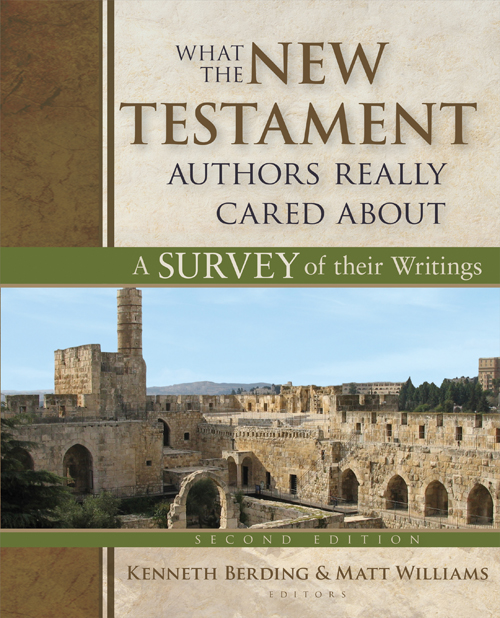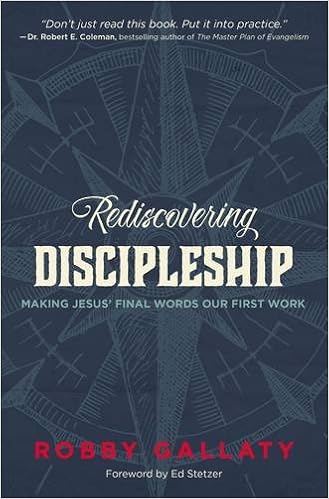In Summary:
Matthew 2 gives an extended look at the Christmas story. Sort of, that is. Jesus is already born by Matthew 2:1. We have some guesses about how much time intervened between the birth of Jesus and the arrival of the Magi in Jerusalem, but we are doing just that: guessing. It is reasonable, based on the tragedy of the later verses and the slaughter of the innocents, that it has been somewhere in the range of two years.
The Magi come to Jerusalem, find their way on to Bethlehem, and then go home. In the midst of this, they present gifts to the Child Christ and worship Him. We then see Joseph take His family and flee to Egypt, knowing the wrath of Herod was coming. This is probably the first time we truly see Joseph, Mary, and Jesus travel on their own—though our picture of the “Flight to Egypt” is still heavily Americanized. The Holy Family most likely joined with a group of travelers headed to the parts of Egypt where Jews already lived.
The chapter passes through the wickedness of Herod as he orders the slaughter of the little boys of Bethlehem and on to Joseph and Mary’s return to Nazareth. Matthew presents the move to Nazareth as unplanned, though Luke gives Nazareth as Mary and Joseph’s original hometown. Perhaps their intention was to remain in Bethlehem, but they went back to extended family. There are some uncertainties, because the text gives us the current motivation: avoid dwelling in the district of Judea, because Herod’s son had taken his throne.
In Focus:
Turn a close eye not a specific verse, but at the wise men of the story. True, we do not have a count of how many there are. There are at least three, and could be more than that. The unnamed wise men are the Magi (though tradition gives us three of them, Melchior, Caspar, and Balthazar), while we know one more wise man by name. His name? Joseph.
How do these display their wisdom? The Magi see the signs in the heavens and follow them. As people without the Word of God to understand, they followed the light they had, in this case a literal star, to worship the One True God. Their testimony stands to convict those who claim the world did not provide enough light to seek Jesus. It took one star.
Joseph reveals a different wisdom. Knowing that danger will soon engulf his family, he flees. Scripture does not tell us this was done in fear, and so we can speculate that it was done in wisdom instead. He wisely knew that God had warned him to get away, and he obeyed. Further, when it was time to return to the land, Joseph heeded the warning of God again and settled his family back in Nazareth.
In Practice:
Practically, then, what should we do? We cannot run off with the Baby Jesus. Unless you’re the prankster of the local Nativity display…
Instead, let us examine a few things to be and not to be. First, let us take a page from the Magi and be wise about the world around us. There are evidences of God working in the world all around us. Follow them the best you know how, and find those who will help you follow better. The Magi did that, though it led them to one of the “unwise” of the story.
Second, let us examine the unwise men of the story. These were the Jewish scribes and chief priests, who saw the Word of God as cold and dead. Rather than seeing the coming of the Messiah as even possible, it was simply a fact to dispense and dismiss. We should let the truth transform us rather than simply treat truth as a commodity to be distributed.
Third, let us examine the named wise man of the story, Joseph. We see him listen to God and avoid coming danger. We should seek God for guidance in all that we do. And whatever we do, we do not allow the Gospel to go unproclaimed. While Joseph had the responsibility to care for the Baby Jesus, we have the responsibility to proclaim the full truth about Him. This, and without bringing disrepute on the name of the Lord through our lives.
In Nerdiness:
Less than nerdiness, which could be expended on Magi and identities and Egypt and Herod and Archelaus and his banishment to France/Gaul, let us look at the really hard part of this chapter. Why does God allow the slaughter of the innocent baby boys of Bethlehem?
No amount of academic dismissal of the size or scope of the moment reduces its tragedy. At the least, two families were deprived of their sons in this moment. True, it is likely not the “thousands” of legend, but what is that to the families who lost one? It is no less tragic. On this, I have no great answers. It is troublesome that God allows human evil to go forth, sometimes unchecked. Perhaps there is a grace here that Jesus is born in Bethlehem, a smaller town, and not Jerusalem. Perhaps there is a grace that we do not see in Scripture, that warnings came to the people and they fled.
Perhaps there is a confluence of prophetic word and event, as Jeremiah predicted this and the people of Israel lived it in the Exodus era. Perhaps it just reminds us of how evil people can be.
I don’t know. I want a cleaner answer, and there isn’t one. I know that, in due time, Herod’s people (the Roman government) got the baby they were looking for and nailed Him to a cross. Eventually, the sin-soaked world with death all around wins the battle. God, though, wins the war. In His resurrection we find our hope, even if we don’t find our answers.


 First, let’s look at the structure of Rediscovering Discipleship. Gallaty gives us thirteen chapters, broken in two major sections. The first section, comprising seven chapters, looks at how Jesus made disciples. The second section parlays that into how we can emulate Jesus.
First, let’s look at the structure of Rediscovering Discipleship. Gallaty gives us thirteen chapters, broken in two major sections. The first section, comprising seven chapters, looks at how Jesus made disciples. The second section parlays that into how we can emulate Jesus.